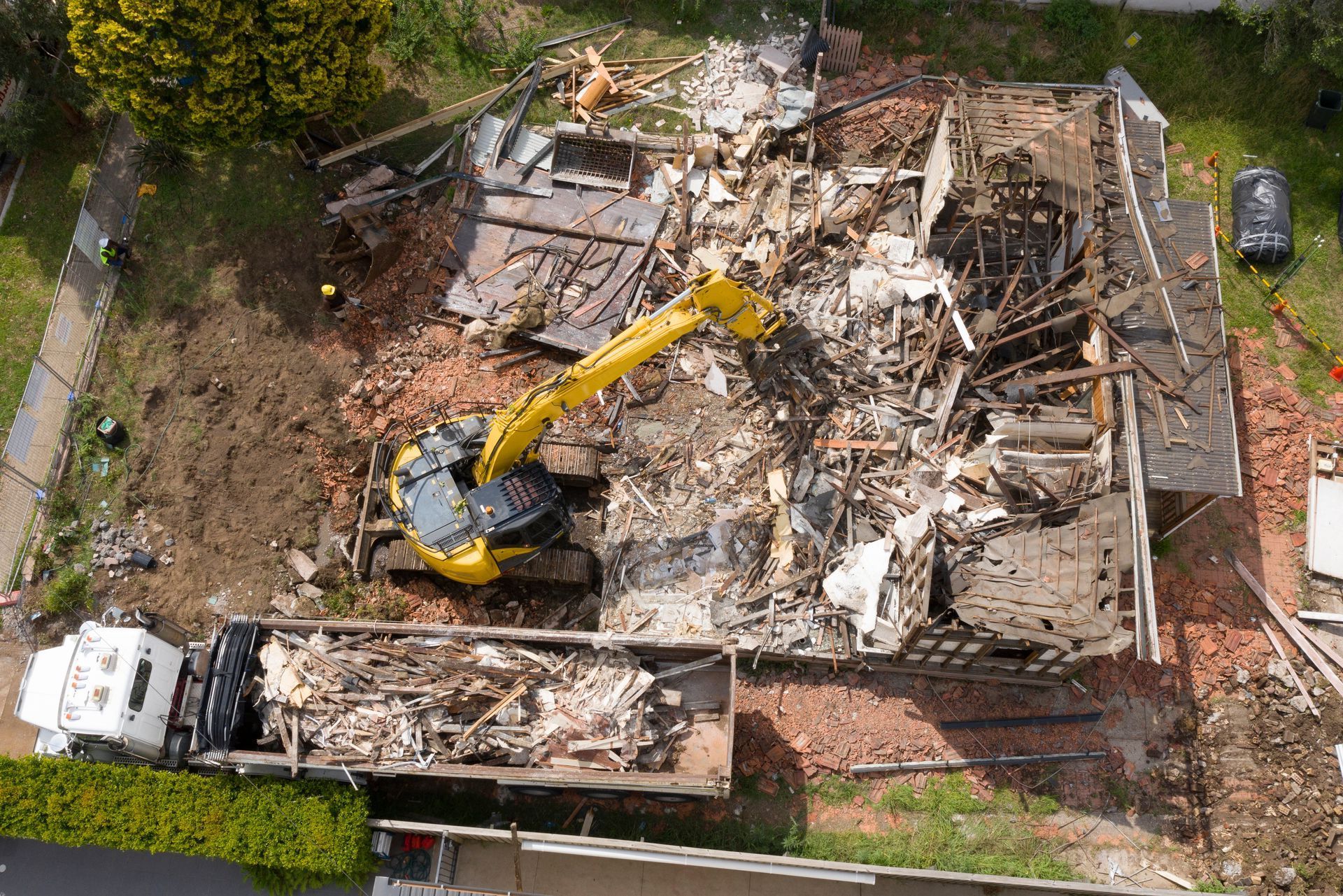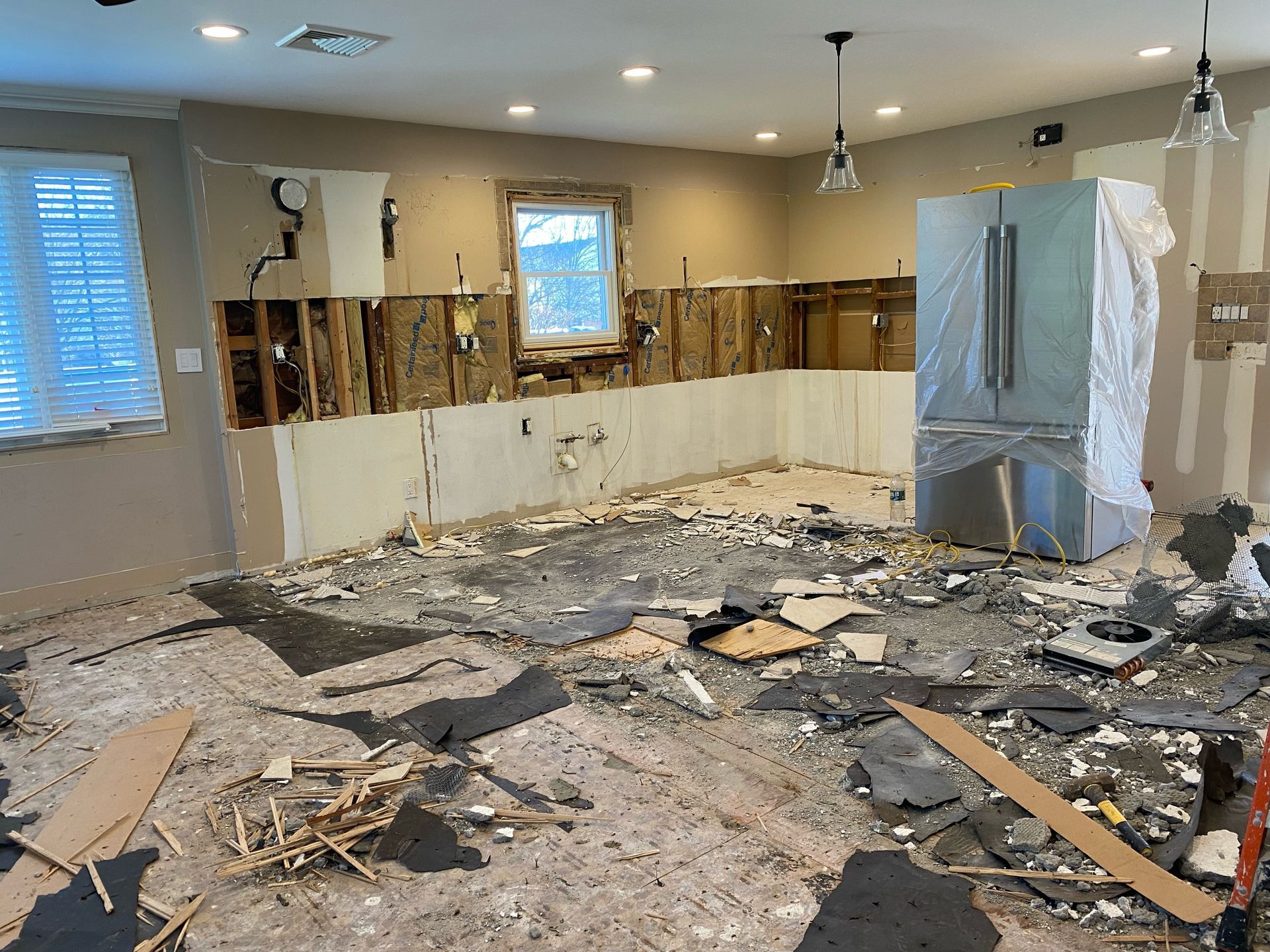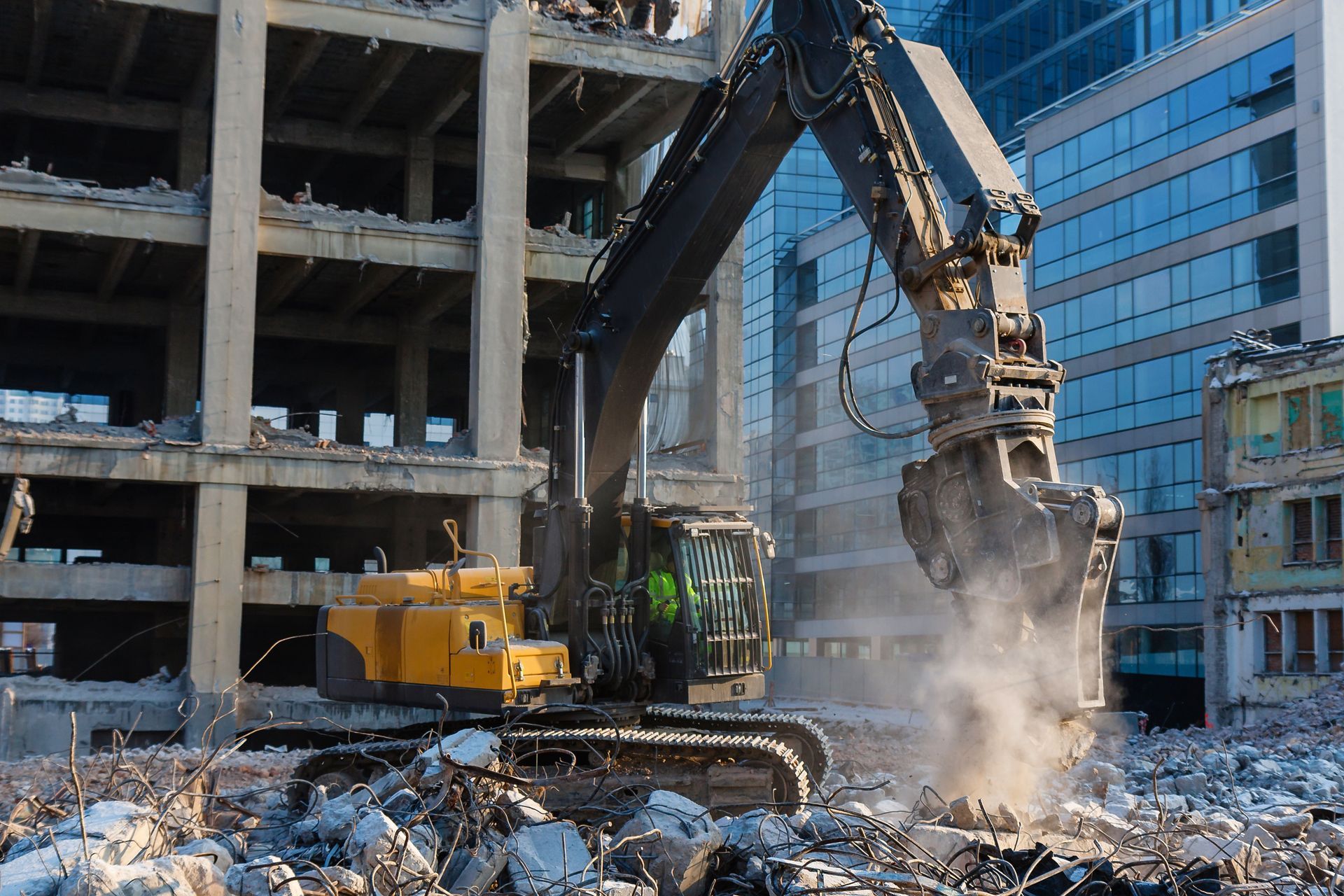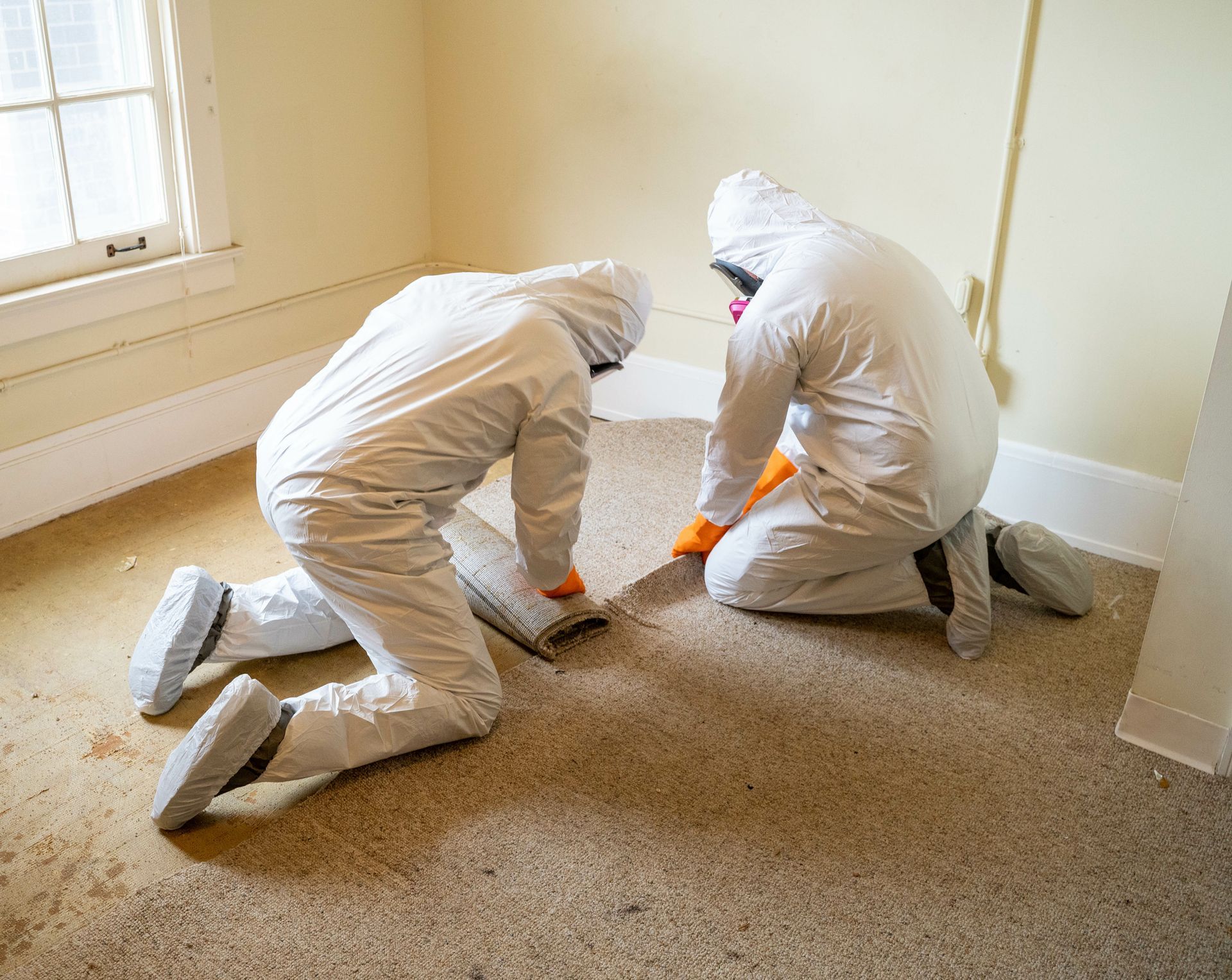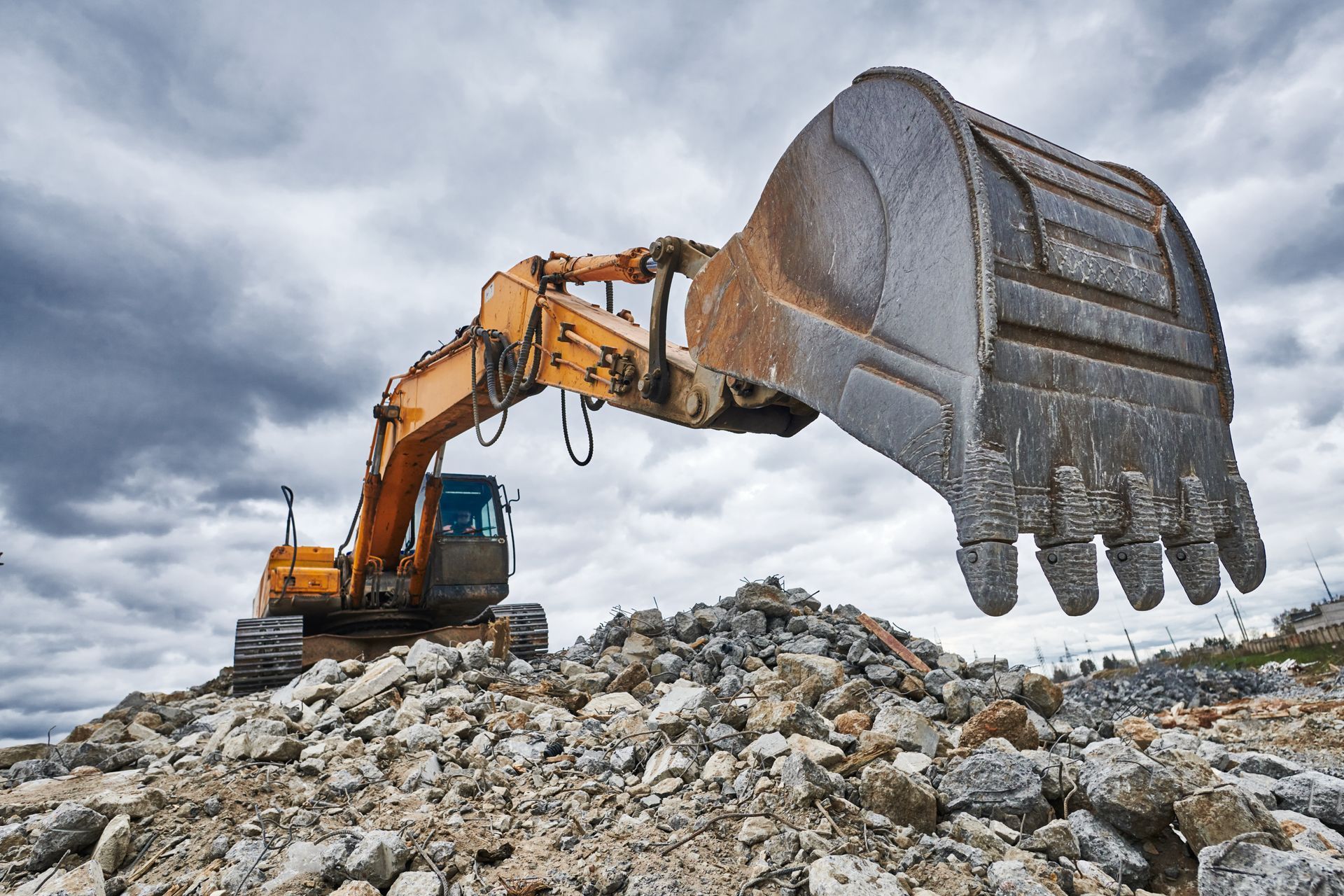Soft Strip Out & Demolition Contractors in North Wales
In North Wales, where many buildings carry historical significance or are constructed with traditional materials, demolition and soft strip services must be handled with precision and care. Whether you’re renovating a Grade II listed property in Conwy or redeveloping a coastal commercial space in Rhyl, our experienced teams provide safe and efficient removal of interiors and structures. We ensure proper handling of hazardous materials such as asbestos and offer complete site clearance to prepare your property for its next stage. With a focus on local regulations and timely delivery, your project stays on track from start to finish.
Safe and Efficient Demolition and Soft Strip Services in North Wales
Professional demolition and soft strip services are essential for efficient and safe site preparation. Whether you are planning a full-scale redevelopment or an interior refurbishment, expert handling of hazardous materials, thorough site clearance, and tailored demolition solutions ensure that your project stays on schedule and meets all legal and safety requirements.
Comprehensive Demolition and Soft Strip for All Projects
Our services in North Wales are designed to meet the diverse needs of homeowners, landlords, and business owners across the region:
- Complete demolition of buildings in line with local council permissions.
- Careful soft strip of interiors before full demolition or refurbishment.
- Responsible removal and disposal of hazardous materials, including lead and asbestos, following Welsh environmental standards.
- Full site clearance and debris removal services suitable for tight rural access or town centre restrictions.
- Pre-redevelopment preparation tailored for both residential and commercial properties.
- Selective demolition techniques ideal for retaining original features in older or listed buildings.
- Expert soft strip solutions for internal refurbishments and modernisation projects.
Precise Demolition with Hazardous Material Handling and Site Clearance
With many North Wales buildings constructed prior to modern safety standards, the potential presence of asbestos or lead paint is a real concern. Our demolition crews are fully trained and certified in handling and removing hazardous materials safely, with disposal managed at authorised local facilities. We follow Health and Safety Executive (HSE) guidelines and adhere to regional council requirements on waste clearance, ensuring full compliance. After the structural elements are removed, we leave your site clean and ready for redevelopment, helping you avoid costly delays and rework.
Collaborative Approach for Tailored Demolition and Interior Stripping
From Caernarfon to Wrexham, we work closely with clients across North Wales to deliver tailored demolition and soft strip solutions. By collaborating with local authorities and understanding planning permissions specific to your county—whether Denbighshire, Gwynedd, or Flintshire—we ensure a smooth process. We keep you informed at every stage, minimising disruption to neighbouring properties and communities. For businesses, we offer phased demolition and out-of-hours services to reduce downtime. For homeowners, we provide guidance on managing works around listed property protections and party wall agreements.
Fast, Reliable Demolition Services with Advanced Equipment
Using advanced demolition equipment suited to North Wales' varied terrain—from tight terraced streets in Bangor to larger development plots in rural Anglesey—we provide fast, efficient service. Our modern machinery and experienced operators handle complex jobs quickly while maintaining site safety. We also offer access to equipment that suits the often narrow or sloped access found in older residential areas. Whether it’s a soft strip in a small cottage or full demolition of a commercial warehouse, your project will be completed on time and to the highest safety standards.
FAQs About Soft Strip and Demolition Services in North Wales
What is soft strip demolition?
Soft strip demolition refers to the internal removal of non-structural elements within a building prior to renovation or complete demolition. This can include the removal of fixtures, fittings, internal walls, ceilings, partitioning, mechanical and electrical systems, flooring, and sometimes windows and doors. The goal is to prepare the building for structural demolition or refurbishment.
Soft strip demolition is particularly common in North Wales due to the number of heritage buildings that require careful internal renovation. It allows for the retention of important external features while clearing out outdated or damaged internal elements. It also ensures that any hazardous materials, like asbestos, are identified and dealt with before further work proceeds.
Typically, soft stripping is one of the first stages of a refurbishment project, and it's essential that it is carried out by experienced professionals to avoid damaging structural components. A soft strip also ensures the site complies with waste disposal regulations, which is particularly important when working under the guidelines of Natural Resources Wales.
What is the average cost of soft strip in North Wales?
The cost of soft strip demolition in North Wales can vary significantly depending on factors such as property size, building type, location, and the complexity of the work required. On average, soft strip costs range between £20 to £45 per square metre. However, prices may be higher for listed buildings, properties with hazardous materials, or sites with limited access.
Rural or coastal properties, such as those found in places like Aberdaron or Harlech, may involve additional logistical planning and costs for transporting machinery or disposing of materials safely. Urban properties, such as those in Llandudno or Mold, might incur additional charges for traffic management or working in restricted zones.
To get an accurate quote, a site survey is typically required. This ensures that all potential hazards and structural features are taken into account, allowing for a tailored and transparent pricing proposal that reflects your project goals and local conditions.
What types of buildings require soft strip demolition?
Soft strip demolition is required across various property types in North Wales, including:
Residential homes, especially older stone cottages and terraced houses.
Commercial premises such as shops, offices, and warehouses.
Public buildings like schools, libraries, and council offices.
Hospitality venues including hotels, pubs, and holiday cottages.
Buildings undergoing internal refurbishment, structural upgrades, or change of use all benefit from soft strip services. For example, converting an old pub in Betws-y-Coed into a boutique guesthouse would begin with a soft strip to remove non-load-bearing walls and outdated systems. In commercial units, soft stripping is used to ready spaces for modern refits or repurposing.
Properties with historic or architectural value often require soft strip demolition as a careful first step in preserving external features while updating interiors. This method helps maintain compliance with heritage protection standards and ensures a smoother renovation process.
Is soft strip demolition noisy or disruptive?
Soft strip demolition is generally less noisy and disruptive than full structural demolition. However, it does involve dust, vibration, and occasional noise from tools and removal equipment. In residential areas of North Wales, such as Llanrwst or Prestatyn, it’s important to notify neighbours in advance and obtain necessary permissions where required.
Most reputable contractors will implement dust suppression methods and work within designated hours to minimise disruption. In heritage buildings, soft stripping is done with extra care to prevent vibrations from damaging delicate walls or plasterwork.
Additionally, noise and disruption levels can be further reduced by using manual tools where appropriate, scheduling works around business hours, and coordinating with property owners to avoid peak times. Communication and planning are key to keeping the impact low while completing the project efficiently.
How long does a soft strip demolition take?
The duration of a soft strip demolition project depends on the building's size, complexity, and any unforeseen challenges such as hazardous materials. On average, a soft strip for a mid-sized property in North Wales can take anywhere from 3 to 10 working days.
Projects involving large commercial buildings, high ceilings, or complex mechanical and electrical systems may extend beyond this timeframe. For example, a school renovation in Flintshire may require phased stripping to allow sections to remain operational.
Factors affecting the timeline include:
Whether structural elements need removal
Presence of asbestos or lead-based materials
Accessibility to different parts of the building
Scope of salvage or recycling (e.g., reclaiming slate tiles, timber, or fixtures)
A professional contractor will provide a detailed project plan and timeline following a site inspection to ensure the project progresses efficiently.
Do I need permission for soft strip demolition in North Wales?
For most internal soft strip demolition works, planning permission is not required. However, if your building is listed or located in a conservation area, you may need consent from your local council. This is especially relevant in historic towns such as Beaumaris or Ruthin.
Listed Building Consent is mandatory if you are removing or altering any part of the building that contributes to its special architectural or historical interest, even if the work is internal. Conservation Officers at your local planning department can guide you on the exact requirements.
In all cases, it's important to follow proper waste disposal procedures, particularly for hazardous materials. Notifications may also be required under the Control of Asbestos Regulations 2012. Engaging a professional soft strip contractor helps ensure full compliance with regional and national regulations.
Can I live or work on-site during soft strip demolition?
While it is technically possible to remain on-site during a soft strip demolition, it is generally not recommended for safety and comfort reasons. The process can generate dust, noise, and temporary loss of utilities, all of which can disrupt daily routines.
In commercial properties, phased soft stripping can be arranged to minimise disruption to operations. For example, a phased approach might be used in a hotel in Llangollen to keep certain areas operational while others are being stripped.
For homeowners, especially those with children, elderly residents, or pets, it is safer and more convenient to vacate the property for the duration of the work. Your contractor can help plan the schedule to reduce the length of time the property is inaccessible.
What happens to the waste material after soft strip demolition?
Waste materials removed during soft strip demolition are sorted for recycling, reuse, or responsible disposal. Commonly recycled materials include metal piping, timber, bricks, and some electrical components.
In North Wales, waste management must adhere to the guidelines of Natural Resources Wales (NRW). Licensed waste carriers transport the debris to approved recycling or disposal facilities. Hazardous waste such as asbestos is handled under strict controls and deposited at designated hazardous waste sites.
Many contractors now aim to divert as much waste from landfill as possible. Materials like salvaged wood or architectural features (e.g., ornate cornices or vintage tiles) can be reclaimed and reused locally, supporting circular economy practices.
How can I prepare for a soft strip demolition?
Before a soft strip demolition project begins, it’s helpful to:
Remove any personal belongings or equipment from the property.
Notify neighbours and arrange necessary permissions (especially in terraced or shared buildings).
Obtain any required consents if the building is listed or in a conservation area.
Disconnect utilities such as gas, water, and electricity.
Arrange temporary accommodation or workspace if required.
A site inspection by your contractor will identify any issues early, such as the presence of hazardous materials, limited access points, or structural complications. Planning ahead ensures a smooth process and minimises delays or cost increases.
What is the difference between soft strip and structural demolition?
Soft strip demolition involves removing non-structural components inside a building—such as fixtures, fittings, and internal walls—while leaving the main structural framework intact. Structural demolition, on the other hand, refers to the complete or partial removal of load-bearing walls, floors, or the entire structure.
In North Wales, soft stripping is often a precursor to structural demolition, especially in older buildings where internal modernisation is required without compromising the historic exterior. Structural demolition may be needed for more extensive redevelopment or when the building is no longer fit for use.
Soft strip demolition is less invasive, generally faster, and requires fewer permissions. However, both types must comply with health, safety, and environmental regulations, and should be carried out by qualified professionals.
For expert soft strip and demolition services in North Wales, trust GSNW as we ensures safe, efficient, and fully compliant solutions for all project types. Contact us today for a free consultation and site assessment.

